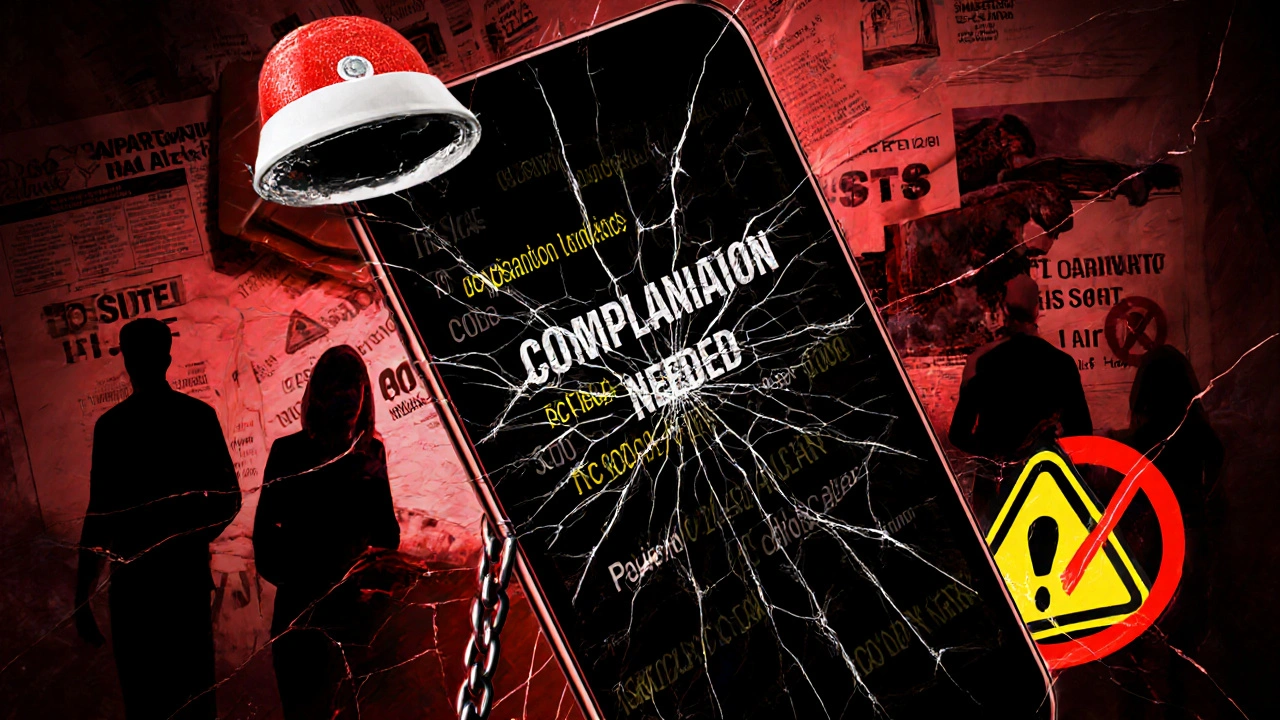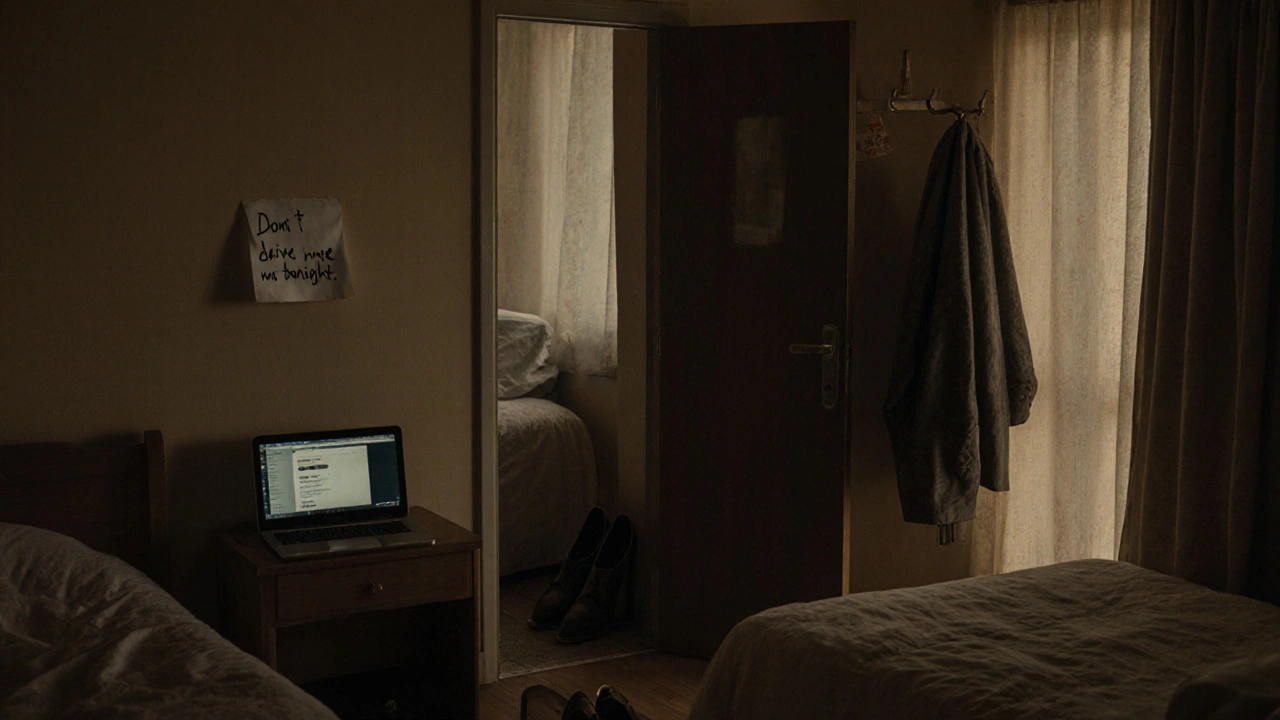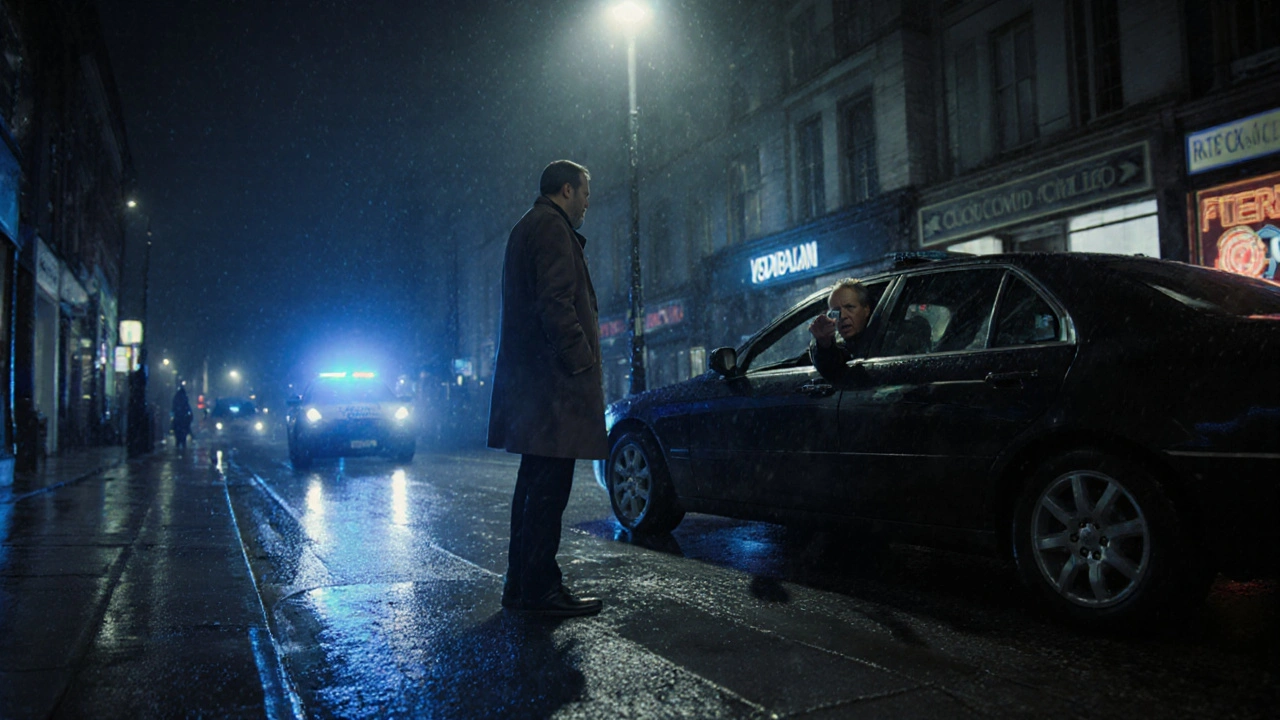Curious about prostitution laws where you live? Whether you’re just trying to understand your rights or worried about accidentally breaking the law, this guide cuts through the confusion with clear, real-world facts.
What Is Prostitution Legally Anyway?
In the UK, prostitution itself isn’t illegal. That means exchanging sex for money between two consenting adults isn’t a crime on its own. But almost everything around it is. Soliciting in a public place, running a brothel, pimping, or paying for sex with someone who’s been exploited? Those are all criminal offenses.
The law doesn’t target the person selling sex as much as it targets the systems that enable or exploit it. This creates a dangerous gray zone. You might think you’re just hiring someone privately, but if the person is working with someone else-like a manager, driver, or online platform-you could be breaking the law without realizing it.
Why Does It Matter?
If you’re considering paying for sex, or even just wondering what happens if you get caught, the stakes are high. A conviction for soliciting or kerb-crawling can mean a criminal record, fines up to £1,000, or even jail time in extreme cases. It can also show up on background checks for jobs, visas, or housing.
For people selling sex, the law makes their work more dangerous. Because they can’t legally operate openly, they’re pushed into isolated areas, hidden online, or forced to work with unregulated third parties. This increases risks of violence, exploitation, and arrest-even if they’re not doing anything illegal themselves.
How Does It Work in Practice?
- Soliciting in public: If you’re caught approaching someone on the street, in a car, or in a park to offer or ask for sex in exchange for money, you can be arrested under the Sexual Offences Act 2003.
- Buying sex: It’s legal to pay for sex, but only if the person is working alone and not under coercion. If they’re being controlled by someone else, you could be charged with causing or inciting prostitution for gain.
- Online advertising: Posting ads for sexual services on websites like Backpage or local classifieds is illegal. Even using social media or dating apps to arrange paid sex can lead to police intervention.
- Brothels: Having two or more sex workers in one location-even if they’re independent-is considered running a brothel. That’s a felony under the Street Offences Act 1959.
- Driving for sex work: If you drive someone to meet clients, even as a friend, you could be charged with pimping or facilitating prostitution.

Pros and Cons
| Pros | Cons |
|---|---|
| Sex work itself isn’t illegal, so individuals can legally offer services if they’re alone and not pressured. | Everything that supports or enables it-advertising, sharing space, transportation-is illegal. |
| Decriminalization models in other countries have reduced violence and improved access to healthcare for sex workers. | In the UK, police focus on buyers and third parties, which pushes sex workers further underground and increases danger. |
| Some people choose sex work as a way to earn income with flexibility. | Legal ambiguity makes it hard to report abuse or seek help without fear of arrest. |
When Is It Most Useful?
This information matters most if you’re in a situation where someone offers or asks for paid sex-whether you’re the one offering, the one paying, or just trying to understand the risks.
It’s critical if you’ve been approached by someone online claiming to offer “companionship” or “escort services” that sound like sex work. Many ads use coded language to avoid detection, but the law still treats them as illegal if they involve payment for sex.
It’s also vital if you’re supporting someone who sells sex. Even helping them book appointments, share a flat, or drive them to clients can make you legally liable.

Common Mistakes to Avoid
- Thinking “private” means legal: Just because you meet someone at a hotel or home doesn’t make it legal. If they’re working with someone else-even a friend-you could be charged with exploiting them.
- Believing “they’re not a victim”: The law doesn’t care if the person says they’re doing it willingly. If there’s any third-party involvement, you’re at risk.
- Using apps like Tinder or Instagram to arrange meetings: Police monitor these platforms for paid sex arrangements. Screenshots, messages, and payment records can be used as evidence.
- Assuming you won’t get caught: In London, police run targeted operations in areas like Soho, Vauxhall, and Croydon. Undercover officers and sting operations are common.
FAQ
Is it legal to pay for sex in the UK?
Yes, paying for sex itself isn’t illegal-but only if the person is working alone and not under coercion. If they’re being managed, controlled, or advertised by someone else, you could be charged with a serious offense.
Can I get arrested for asking someone out for dinner and then offering money?
Yes. If the conversation turns to sex in exchange for money-even if it’s just a suggestion-you can be arrested for soliciting. Police often use entrapment in public areas or online chats to catch people.
What happens if I’m caught paying for sex?
You’ll likely be issued a fixed penalty notice of £500-£1,000. If you refuse to pay or have prior offenses, you could face court, a criminal record, and possible jail time. Your name may also be added to the Sex Offenders Register if exploitation is suspected.
Are escort agencies legal in the UK?
No. Any business that arranges or advertises paid sex-even under the name “escort” or “companion”-is operating a brothel. That’s illegal. Agencies that claim to offer “non-sexual companionship” are still at risk of police raids if evidence of paid sex is found.
Can I report someone who’s being forced into sex work?
Yes. If you suspect someone is being exploited, contact the Modern Slavery Helpline at 0800 0121 700 or report online at modernslaveryhelpline.org. You won’t be punished for reporting, and your identity can stay confidential.
What’s the difference between prostitution and human trafficking?
Prostitution is the exchange of sex for money, which can be consensual. Human trafficking involves force, fraud, or coercion to make someone perform sex work. The UK treats trafficking as a serious crime, with prison sentences up to life. Many people in sex work are victims of trafficking, even if they don’t realize it.
Do police target buyers or sellers more?
Police focus more on buyers and third parties. In London, sting operations often target men in cars or online. Sex workers are rarely arrested unless they’re involved in organizing or advertising. But the laws still make their work unsafe and harder to escape.
Can I legally advertise sex work online?
No. Posting ads for sexual services on any platform-including social media, forums, or classified sites-is illegal under the Sexual Offences Act. Even using vague terms like “companionship” or “massage” can trigger police action if they suspect paid sex.
What should I do if I’m being pressured into sex work?
Contact the National Sexual Violence Helpline at 0808 802 9999 or visit www.nationalhelpline.org.uk. You’re not alone, and help is available without fear of arrest. Support services can help you leave safely, access housing, and get legal advice.
What’s Next?
If you’re unsure whether something is legal, don’t guess. Talk to a legal aid organization like the English Collective of Prostitutes or the National Ugly Mugs scheme. They offer free, confidential advice to both sex workers and those who might be at risk of breaking the law. Knowledge isn’t just power-it’s protection.




Gail Montefalco on 3 November 2025, AT 05:01 AM
I don't get why people even bother. It's just sex. Why make it a crime? Everyone's got needs, and if two adults agree, who cares? But nooo, now we gotta jail people for it? I mean, seriously. It's not like they're robbing banks. Just let people do what they want. And stop policing private behavior. It's 2024, not 1924.